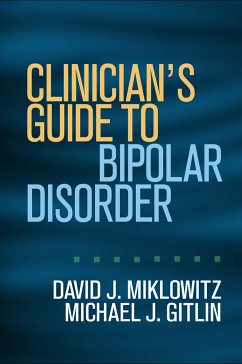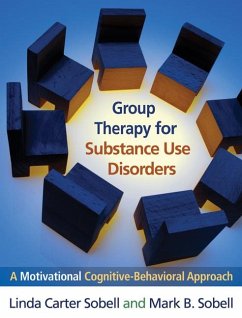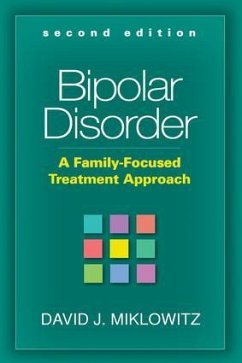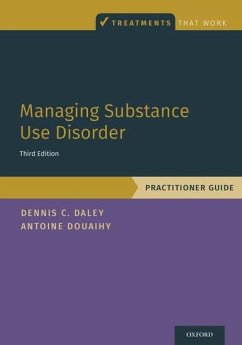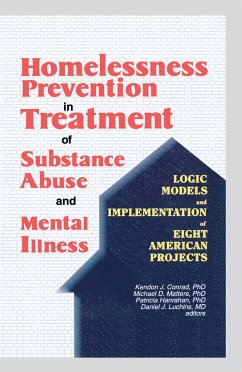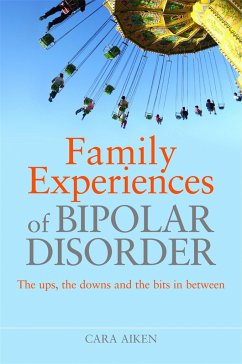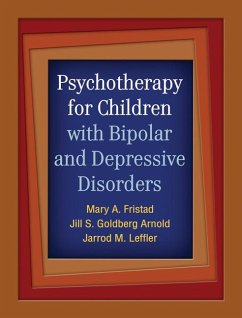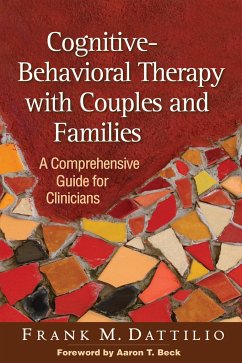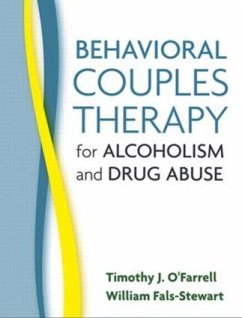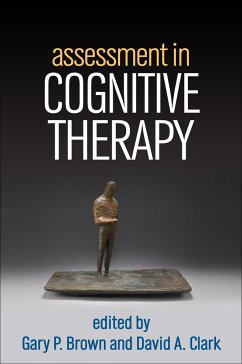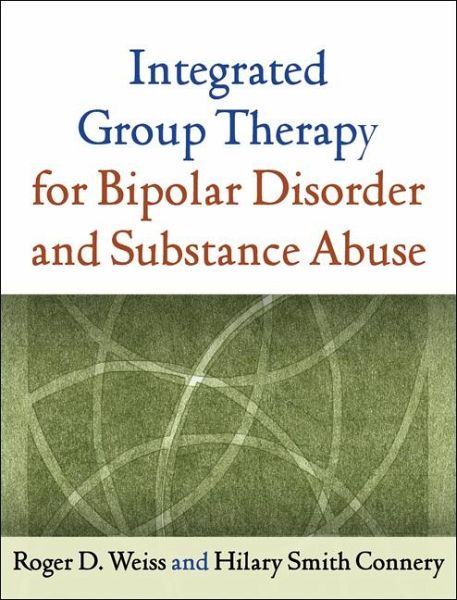
Integrated Group Therapy for Bipolar Disorder and Substance Abuse
Versandkostenfrei!
Versandfertig in über 4 Wochen
41,99 €
inkl. MwSt.

PAYBACK Punkte
21 °P sammeln!
Packed with practical clinical tools, this book presents an empirically supported treatment expressly designed for clients with both bipolar disorder and substance use disorders. Integrated group therapy teaches essential recovery behaviors and relapse prevention skills that apply to both illnesses. The volume provides a complete session-by-session overview of the approach, including clear guidelines for setting up and running groups, implementing the cognitive-behavioral treatment techniques, and troubleshooting frequently encountered problems. In a large-size format for easy reference and p...
Packed with practical clinical tools, this book presents an empirically supported treatment expressly designed for clients with both bipolar disorder and substance use disorders. Integrated group therapy teaches essential recovery behaviors and relapse prevention skills that apply to both illnesses. The volume provides a complete session-by-session overview of the approach, including clear guidelines for setting up and running groups, implementing the cognitive-behavioral treatment techniques, and troubleshooting frequently encountered problems. In a large-size format for easy reference and photocopying, the book features more than 30 reproducible handouts, forms, and bulletin board materials.




